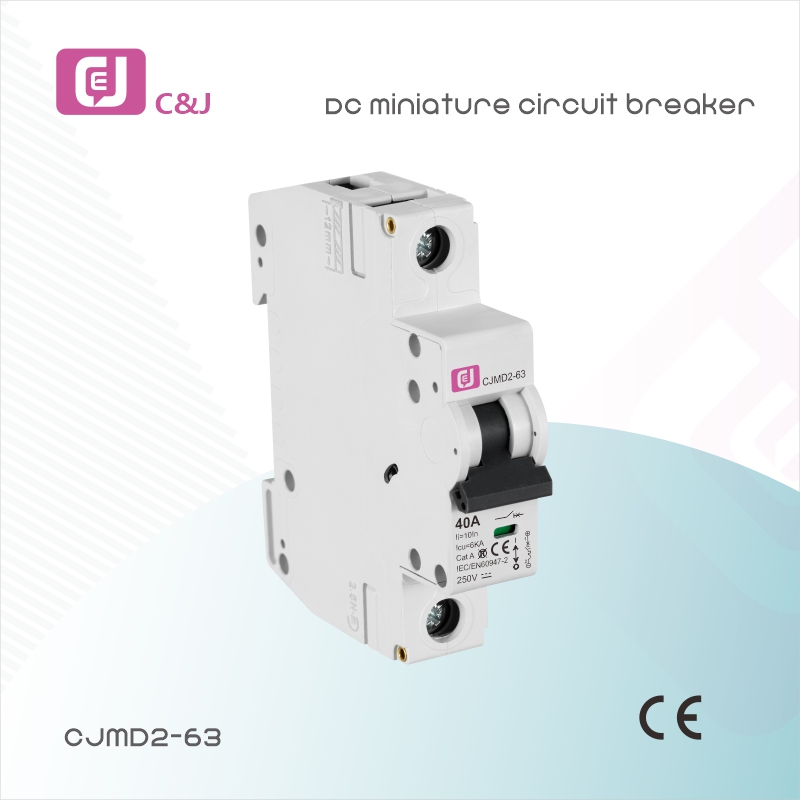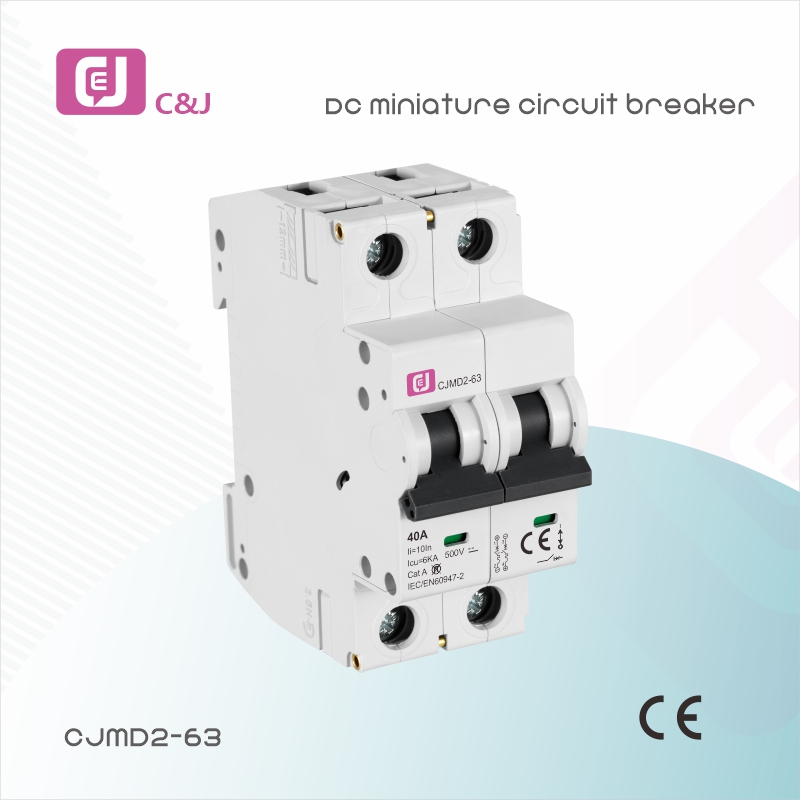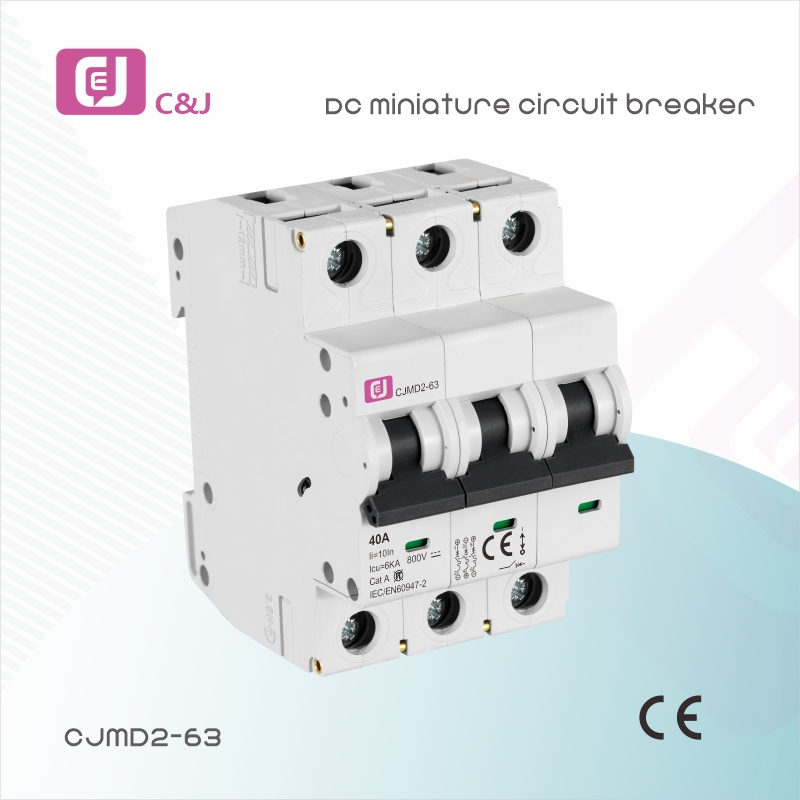Understanding DC Circuit Breakers: Essential Components for Electrical Safety
In the field of electrical engineering, the importance of circuit protection cannot be overstated. Among the many protective devices, DC circuit breakers are key components for protecting direct current (DC) electrical systems. This article will delve into the functions, types, applications, and benefits of DC circuit breakers and highlight their importance in modern electrical systems.
What is a DC circuit breaker?
A DC circuit breaker is a protective device used to interrupt the direct current in a circuit in the event of an overload or fault. Unlike AC circuit breakers, which are designed to handle alternating current, DC circuit breakers are specifically designed to handle the unique challenges presented by direct current. This includes the need for effective arc extinction, as DC circuits do not naturally cross zero, which makes interrupting the current more difficult.
How do DC circuit breakers work?
The working principle of a DC circuit breaker is to detect abnormal conditions in the circuit. When an overload or short circuit is detected, the circuit breaker automatically opens the contacts, thereby cutting off the current. This action prevents damage to electrical components, reduces the risk of fire, and ensures the safety of equipment and personnel.
There are two main types of DC circuit breakers: mechanical and electronic. Mechanical DC circuit breakers use physical mechanisms such as springs and levers to break the circuit. In contrast, electronic DC circuit breakers use sensors and microcontrollers to detect faults and initiate the breaking process. Each type has its advantages, with mechanical circuit breakers being simpler and more robust, while electronic circuit breakers offer greater precision and faster response times.
Application of DC circuit breakers
DC circuit breakers are widely used in various applications, especially in renewable energy systems, electric vehicles, and industrial automation. For example, in solar power generation systems, DC circuit breakers protect inverters and other components from overcurrent, thereby ensuring the safe operation of the entire system. Similarly, in electric vehicles, these circuit breakers play a vital role in protecting batteries and electrical systems from faults, thereby improving the overall safety and reliability of the vehicle.
In industrial environments, DC circuit breakers are used in processes that use DC motors and drives. They provide the necessary overload and short-circuit protection, ensuring smooth machine operation and reducing downtime caused by electrical faults.
Advantages of DC circuit breakers
There are many advantages to using DC circuit breakers. First, they reliably prevent electrical faults, which is essential to maintaining the integrity of electrical systems. Second, they quickly cut off the flow of electricity, minimizing the risk of equipment damage and reducing the possibility of fire. In addition, DC circuit breakers are compact and efficient in design, making them suitable for a wide range of applications from residential to industrial.
Additionally, technological advances have led to the development of smart DC circuit breakers that can communicate with other devices in the power system. This capability enables real-time monitoring and diagnostics, enabling proactive maintenance and improving the overall safety of the power infrastructure.
In summary
In summary, DC circuit breakers are an indispensable component in the field of electrical engineering, providing essential protection for DC systems. Their ability to detect and interrupt faults ensures safety and reliability in a wide range of applications, from renewable energy systems to electric vehicles. As technology continues to advance, the role of DC circuit breakers will become even more critical, highlighting the need for continued innovation and development in this important area of electrical safety.
Post time: Jun-23-2025




